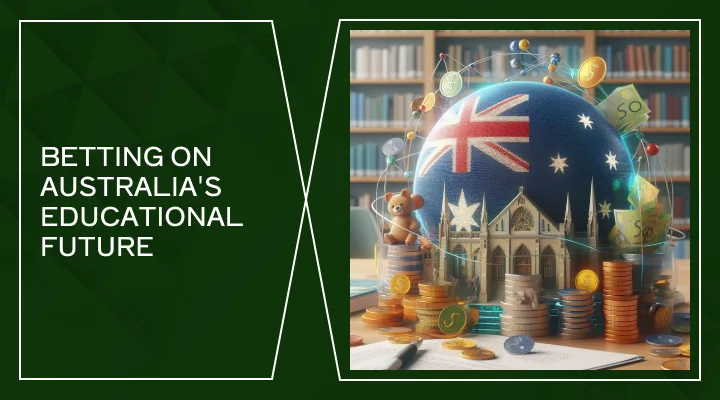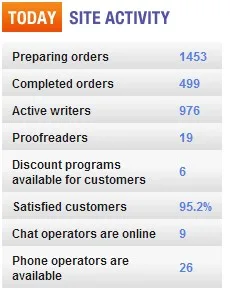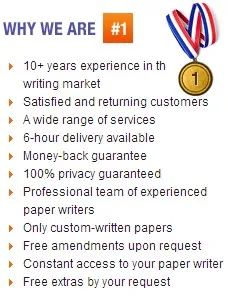Betting on Australia’s Educational Future

In the grand casino of life, where every choice is a gamble and the stakes are our future, educational reforms in Australia are akin to placing a strategic bet on the green felt of a roulette table. As we stand on the precipice of a new era in learning, these reforms are not just about changing the game; they’re about setting the odds in favor of every student, ensuring that the future of education is as bright and promising as the neon lights of a Las Vegas casino.
Australia’s educational landscape is undergoing a transformation as significant as the shift from traditional casinos to the dazzling digital world of online gambling. Just as online platforms have revolutionized the way we bet and play, technological advancements and changing societal needs are reshaping how we learn and teach. The future of learning in Australia is being reimagined, with a focus on flexibility, inclusivity, and the integration of technology to better prepare students for the complexities of the modern world.
In this new era, digital literacy is the ace in the deck. Australian educational reforms are doubling down on incorporating digital skills across the curriculum, recognizing that proficiency in technology is as crucial as reading and writing. This commitment to digital literacy ensures that students are not merely consumers of technology but creators, ready to innovate and lead in a digitally-driven future. It’s a bet on empowering students with the skills they need to navigate the digital landscape with confidence and creativity.
Personalized learning is the hand that could change the game entirely. Recognizing that every student brings a unique set of skills, interests, and learning paces to the table, educational reforms are advocating for a more tailored approach to teaching. This strategy is akin to a skilled poker player reading their opponents and adjusting their strategy accordingly. By leveraging data and technology, educators can customize learning experiences to fit individual student needs, maximizing engagement and outcomes.
The wild card in Australia’s educational reforms is the holistic approach to student well-being. Just as a successful casino creates an environment that caters to all aspects of its patrons’ experience, from entertainment to comfort, the future of learning acknowledges that emotional, social, and physical well-being are integral to academic success. Schools are increasingly focusing on mental health, social skills, and physical education, betting that a well-rounded education produces not just better students, but happier, healthier individuals.
As we navigate the ever-changing landscape of the job market, the concept of lifelong learning becomes more critical. Educational reforms are raising the stakes, promoting continuous education beyond the classroom walls. This approach recognizes that learning does not end with graduation; it’s a lifelong pursuit. By fostering a culture of curiosity and adaptability, Australia is investing in a future where individuals are equipped to learn, unlearn, and relearn throughout their lives.
The ultimate jackpot of Australia’s educational reforms is a generation of students prepared to face the challenges of the future with resilience, creativity, and critical thinking. It’s about more than producing workers; it’s about nurturing innovators, leaders, and citizens who are engaged and informed. In this vision of the future, every student has a seat at the table, and the game is rigged in their favor.
As we place our bets on the future of learning in Australia, it’s clear that the odds are looking good. Through a blend of digital literacy, personalized learning, holistic approaches, and a commitment to lifelong education, we’re not just changing how we teach and learn; we’re reshaping our very future. And in this high-stakes game of educational reform, every student has the chance to come out a winner.










